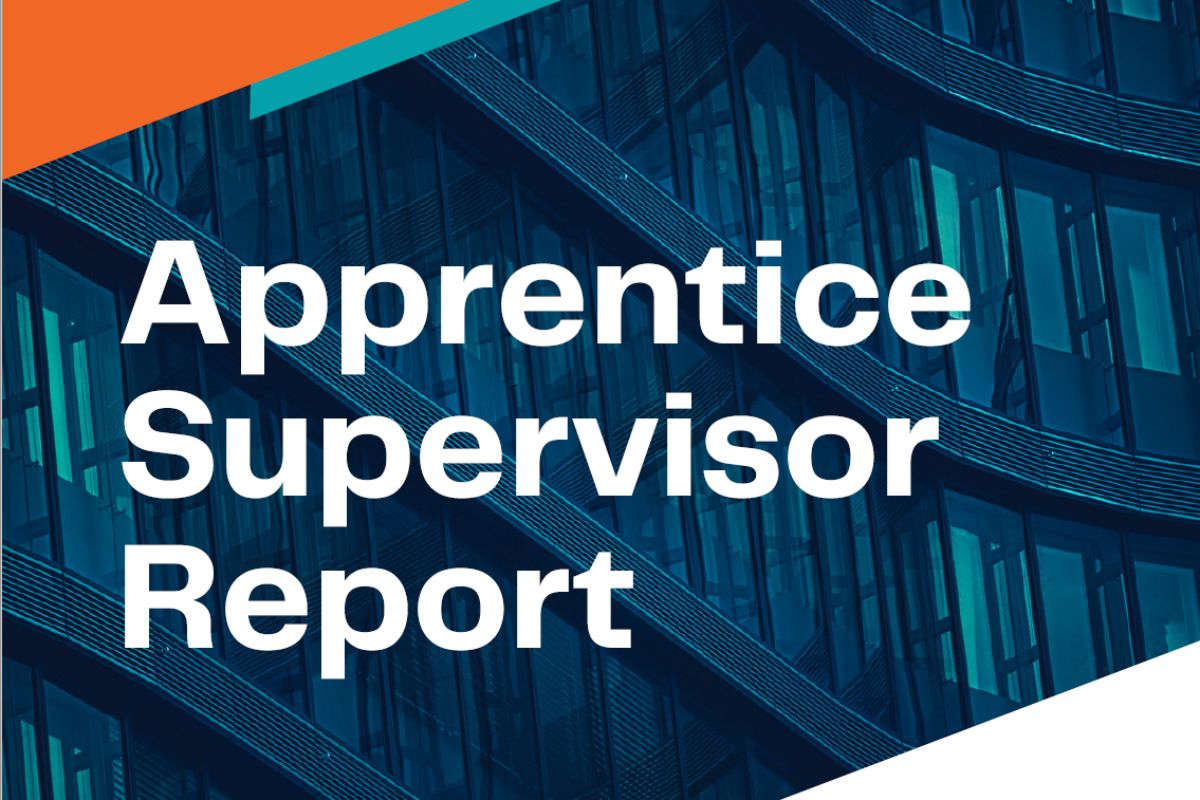Keeping it positive during a reference check could backfire

Positivity Problem: Korn Ferry Survey Finds Saying Only Nice Things During a Reference Check Could Backfire:
We’ve all been told if you don’t have something nice to say, don’t say it. But according to a new survey of professionals by Korn Ferry, that advice, at least when giving job references, can be problematic.
While 25 percent of professionals surveyed admit they will only give positive references and not share unfavorable thoughts, 86 percent indicate that offering only glowing feedback about a person during a reference call could hurt their own career if the person did not perform well once hired.
The survey also showed that while 54 percent of respondents believe it’s more appropriate to give a bad reference for a job candidate than it was five years ago, half (51 percent) say they will only agree to be a reference if they have good things to say.
“Most people are fearful of giving anything but positive reviews during a reference check, believing it could harm not only the person, but their own reputation. However, that’s not likely the case,” said Bill Gilbert, Korn Ferry Head of North America Professional Search. “Our survey found that 97 percent of respondents have never gotten in trouble for sharing negative information during a reference check, and if constructive feedback is shared and the candidate is hired, it could help the employer create a tailored development program that addresses the feedback.”
The majority of survey respondents do not believe a negative reference necessarily takes a candidate out of the running. Ninety-three percent say that if candidates received negative references, they would still consider hiring them if they were a good fit for the role.
When asked about their own experiences, nearly a fifth (18 percent) of respondents say they believe they lost a job opportunity because of a negative reference.
The survey also revealed a lack of consistency in the reference checking process, with nearly a third (31 percent) saying they only check references some of the time.
The Korn Ferry survey of professionals took place in August and September 2018 and garnered more than 2,000 responses. (note: due to rounding figures may not equal 100 percent).
Survey results
How often do you agree to be a reference for someone who is in a job search?
All of the time 44 percent
Only if I have positive things to say about the person 51 percent
I personally do not wish to be a reference 1 percent
My company does not allow us to give references 5 percent
How much information do you share about a person for whom you are a reference?
Only that I worked with them for a set period of time 17 percent
Only positive comments 25 percent
Both negative and positive comments 58 percent
Do you believe you have ever been turned down for a job due to a negative reference?
Yes 18 percent
No 82 percent
Compared to 5 years ago, how appropriate is it to give negative feedback on a person during a reference call?
Much more appropriate 10 percent
Somewhat more appropriate 44 percent
Somewhat less appropriate 31 percent
Much less appropriate 14 percent
To what extent would you agree that giving all positive feedback during a reference call could have a negative impact on you if the person did not perform well once hired?
To a great extent 33 percent
To some extent 53 percent
To no extent 14 percent
Have you ever gotten in trouble for sharing negative information about someone during a reference call?
Yes 3 percent
No 97 percent
When checking a candidate’s references, how much of an impact does a negative comment make in your hiring decision?
I would immediately take the candidate out of the running 3 percent
I would have reservations but would still consider the person if I thought they were a good fit 93 percent
It would have no impact on my decision 4 percent
When hiring, how often do you check a candidate’s references?
All of the time 67 percent
Some of the time 31 percent
Never 2 percent
How much more likely are you to be candid during a reference call if you know the person making the call?
Much more likely 46 percent
Somewhat more likely 46 percent
Somewhat less likely 6 percent
Much less likely 1 percent











Responses